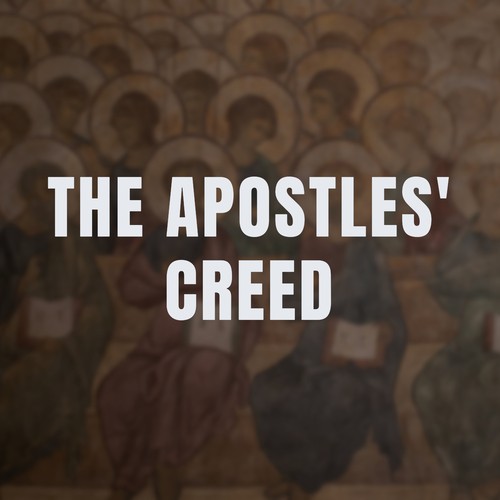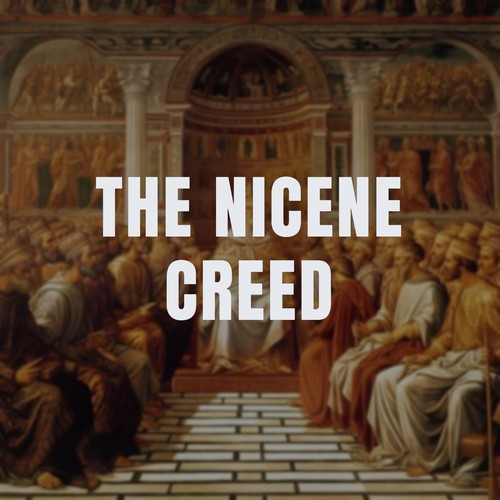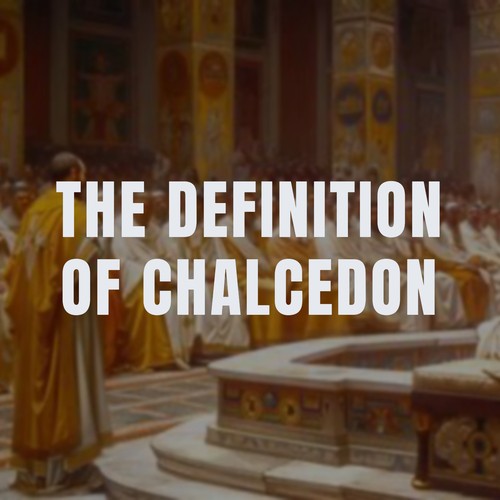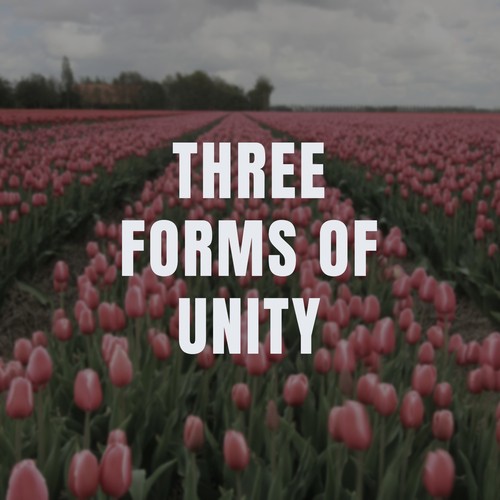
Book of Confessions
Our various creeds and confessions express an important part of who we are as a church. We confess and believe together with our fathers in the faith and our brothers throughout the world. We are baptized into their company as members of the same body, the Church of our Lord Jesus Christ, and with them we eat of a common loaf and drink from a common cup. Their creed is our creed, even as their life is our life-one Lord, one faith, and one baptism. The elders of Christ Church therefore subscribe to these creeds and confessions, holding them to be a faithful witness to what the Scriptures teach, and as a means of identifying with the broader Church.
We hold to the ancient creeds as defining the faith once delivered to the saints, and we hold that no one rejecting the truths proclaimed in these creeds can be right with God.
We hold to the distinctive truths of our reformational confessions, knowing that many faithful Christians have differed with portions of these confessions. We confess our view that these confessions faithfully represent of Scripture, but we do this, not as a means of dividing with Christians who differ, but rather to make a faithful and charitable testimony of what we believe Scripture to teach. These confessions represent the understanding of our church officers, and are not binding on the members of our church.
We therefore approve the Westminster Confession and Shorter Catechism for use in doctrinal accountability for officers of the church. To preserve clear accountability for our officers, our confessions should be construed to harmonize wherever possible, but in areas where they cannot be harmonized we defer to language of the Westminster Confession of Faith. For this reason, we declare our exceptions to that confession only. We reject any approach to Westminster that degrades into litigiousness, fractiousness, sectarianism, or gnat-strangling.
We therefore approve the Three Forms of Unity for use in liturgy and catechesis, and heartily commend their pastoral approach. We reject any unfaithful spirit that would take this more organic and pastoral approach to confession as an excuse to make room for an unbelieving spirit that rejects any pointed accountability.
We hold to the ancient creeds as defining the faith once delivered to the saints, and we hold that no one rejecting the truths proclaimed in these creeds can be right with God.
We hold to the distinctive truths of our reformational confessions, knowing that many faithful Christians have differed with portions of these confessions. We confess our view that these confessions faithfully represent of Scripture, but we do this, not as a means of dividing with Christians who differ, but rather to make a faithful and charitable testimony of what we believe Scripture to teach. These confessions represent the understanding of our church officers, and are not binding on the members of our church.
We therefore approve the Westminster Confession and Shorter Catechism for use in doctrinal accountability for officers of the church. To preserve clear accountability for our officers, our confessions should be construed to harmonize wherever possible, but in areas where they cannot be harmonized we defer to language of the Westminster Confession of Faith. For this reason, we declare our exceptions to that confession only. We reject any approach to Westminster that degrades into litigiousness, fractiousness, sectarianism, or gnat-strangling.
We therefore approve the Three Forms of Unity for use in liturgy and catechesis, and heartily commend their pastoral approach. We reject any unfaithful spirit that would take this more organic and pastoral approach to confession as an excuse to make room for an unbelieving spirit that rejects any pointed accountability.





